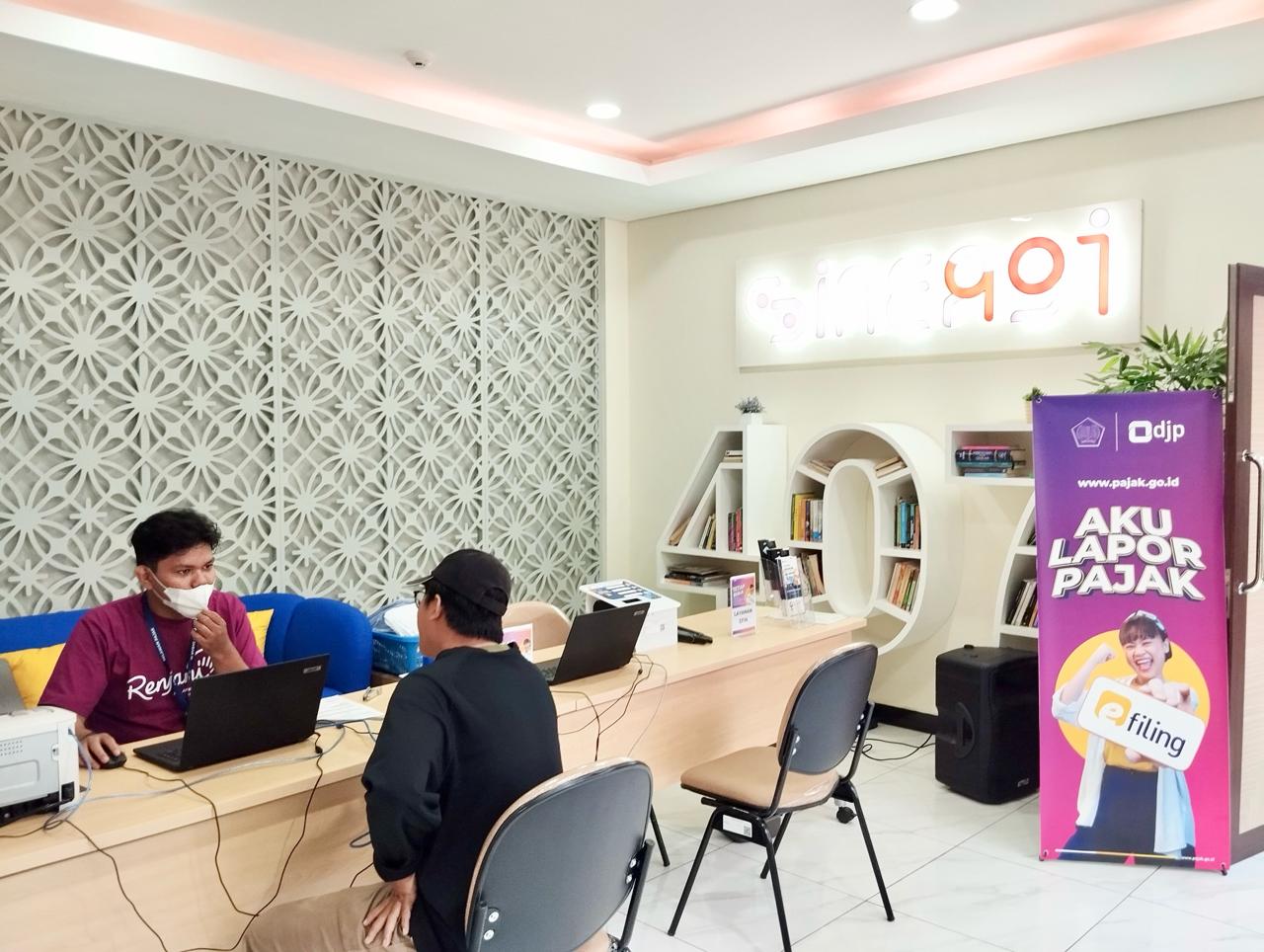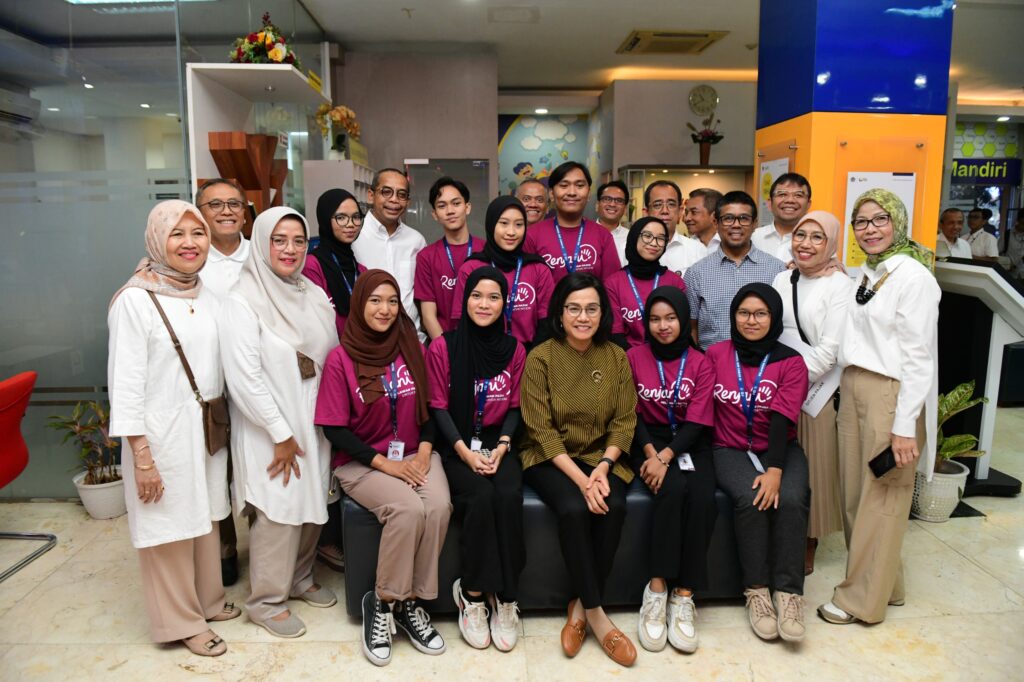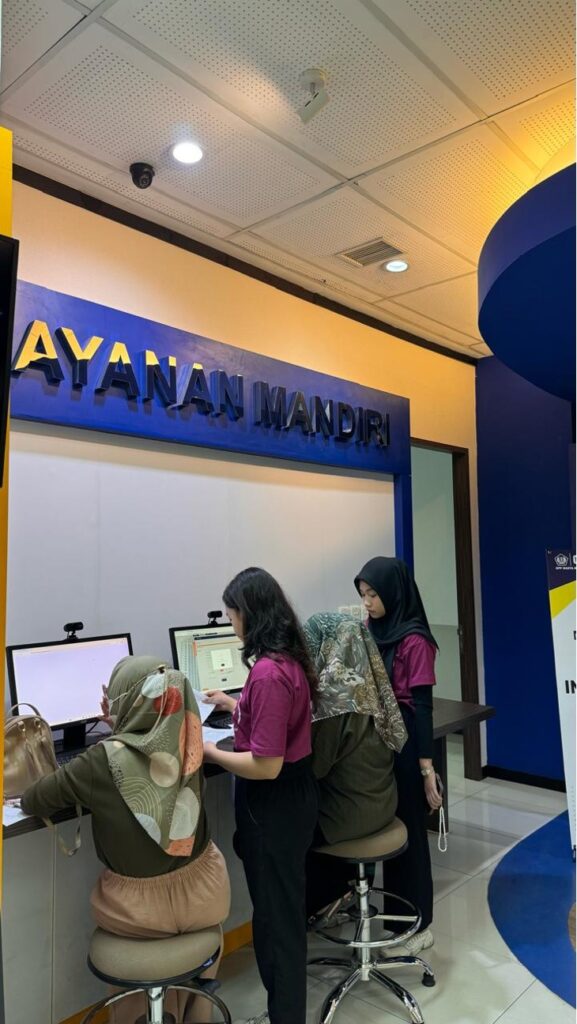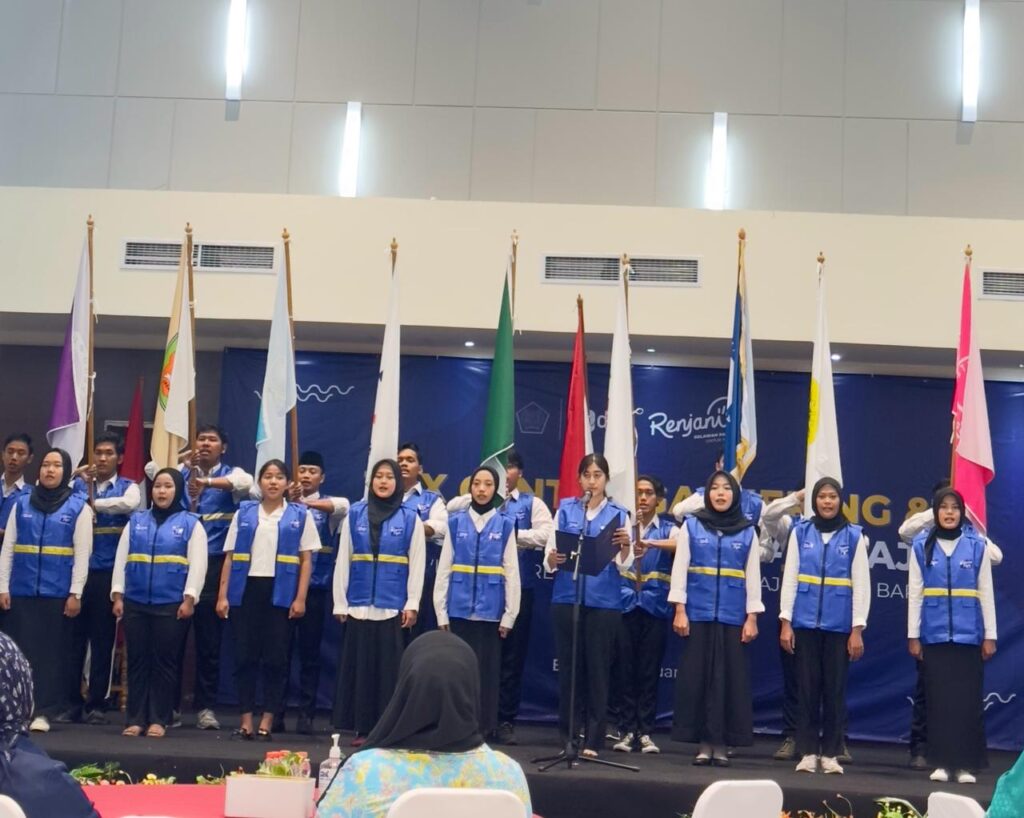Voluntary work, the engine of countless charities and social initiatives, is often seen as having an intangible benefit or intrinsic value with little economic impact. Yet, this perspective overlooks a crucial truth: the voluntary sector is a powerhouse of untapped potential, capable of bolstering economies and fostering social good.
Consider the sheer scale. In the United States alone, volunteers contribute an estimated $296.2 billion worth of volunteer hours annually. This translates into millions of hours poured into education, healthcare, environmental protection, and countless other areas. These services, if delivered commercially, would strain public budgets and inflate costs.
One of the well-known volunteering programs is in the area of taxation. In Australia, government-funded tax clinics are established in universities across the country. They offer tax advice and assistance to the public, particularly low-income families. In the US, Volunteer Income Tax Assistance (VITA) also plays a crucial role in helping low-income taxpayers. In Japan, tax volunteers are dedicated to helping the elderly with electronic filing.
Indonesia’s tax volunteering program
This year, the Directorate General of Taxes (DJP) in Indonesia launched an inclusive volunteering program called Relawan Pajak untuk Negeri (RENJANI), which translates to “Tax Volunteers for the Nation.”
This online platform empowers college students nationwide by equipping them with tax knowledge and volunteer opportunities. RENJANI simplifies volunteer administration, previously managed manually, by offering end-to-end features from registration and selection to online learning and volunteering activities. Nearly 12,000 students applied this year, and over 8,500 students from nearly 500 universities nationwide successfully passed the selection process.
RENJANI offers a two-fold benefit: empowering students and aiding the tax administration. For students, the program bridges the gap between theory and practice by equipping them with valuable real-world experience. This is particularly significant because Indonesia has a low tax officer-to-taxpayer ratio, and most taxpayers are small businesses.
RENJANI goes beyond tax education by providing business development services (BDS). This allows students from various disciplines to assist taxpayers in diverse areas like legal documents in establishing a business, marketing strategies, financial reporting, and even shop design.
Up to the first quarter of 2024, RENJANI has managed to assist with over 290,000 tax return preparations. Over 65,000 pieces of taxation content have also been created and shared on social media.
This enormous effort aims to boost compliance, benefiting taxpayers, the tax authority, and students alike. As part of the program, a learning credit is offered, which can be recognised as credits for undergraduate programs, bridging the gap and fostering connections between universities and industries.
Beyond numbers: social capital and innovation
The economic impact goes beyond just numbers. Voluntary work fosters social capital—the glue that binds communities and facilitates collaboration. Volunteers bridge divides, fostering empathy and understanding between different social groups. This in turn leads to smoother communication, knowledge sharing, and ultimately, increased productivity.
Furthermore, the voluntary sector acts as an incubator or catalyst for innovation. Unburdened by rigid hierarchies and profit margins, non-profits can experiment with new approaches to social problems. These innovations, once proven effective, can be adopted by the public sector, leading to more efficient social services.
However, the full potential of the voluntary sector remains unrealised. One of the challenges is that in some countries the modern culture still seen volunteering as insignificant activities. Businesses should actively encourage employee volunteerism, recognising it as a valuable skill and offering paid time off for volunteering activities. Educational institutions can integrate volunteer experiences into their curriculum, fostering a culture of giving back from a young age.
Finally, it’s crucial to recognise the diverse motivations behind volunteering. While altruism is commendable, it’s not the sole driver. Many volunteers gain valuable skills, build networks, and enhance their employability. By acknowledging these motivations, organisations can create volunteer opportunities that cater to diverse motivations.
Voluntary work is not a threat to the market economy; it’s a vital complement. By filling gaps in social provision and fostering innovation, volunteers create a more resilient and equitable society. This in turn benefits businesses by creating a healthier, more productive workforce and a more stable consumer base.
Investing in the voluntary sector is not just about compassion; it’s about sound economic sense. By recognising its value and removing barriers to participation, we can unlock a powerful force for good, one that strengthens economies and enriches lives.
Volunteerism in Indonesia
Indonesia, Southeast Asia’s economic powerhouse, boasts a youthful population and a burgeoning civil society. Yet, a crucial resource remains largely untapped: voluntary work. While philanthropy holds a strong tradition, structured volunteerism that is organised and planned formally is nascent. This presents a missed opportunity, both for social good and for economic development.
The social benefits are clear. Indonesia faces challenges in education, healthcare, and environmental protection. A dedicated volunteer force could bolster existing efforts. Imagine students mentored by professionals, rural communities receiving basic health check-ups from volunteer doctors, or coastal areas cleaned by enthusiastic volunteers. These contributions would directly address social gaps and empower communities.
Economically, a strong volunteer culture fosters social capital – the trust and reciprocity that lubricates markets. Active citizens are more likely to participate in local governance and hold authorities accountable. This creates a more conducive environment for business, attracting investment and fostering innovation. Studies even suggest a positive correlation between volunteerism and economic benefits.
However, unlocking this potential requires a two-pronged approach. Firstly, cultural shifts are needed. While Indonesians are inherently communal exemplified by the concept of “gotong royong” – mutual assistance – the concept of formalised volunteering is new. Government, educational institutions and businesses can play a role by promoting volunteerism as a valuable life experience and a career enhancer.
Secondly, infrastructure for volunteering needs to be strengthened. Many institutions lack the capacity to effectively manage volunteers. Online platforms that connect volunteers with opportunities, alongside training programs to equip them with relevant skills, are crucial.
Looking ahead, such volunteer platform – such as RENJANI – has the potential to become a bridge between businesses seeking talented recent graduates and the industry, ultimately boosting economic growth through job creation.
Photos








Recent Comments